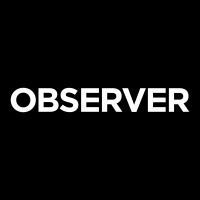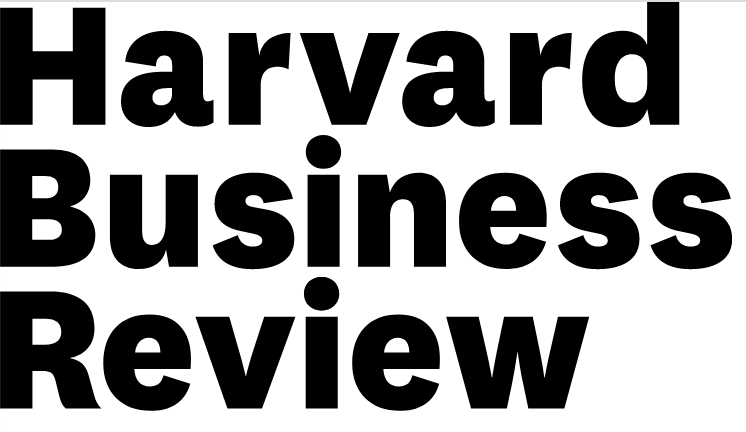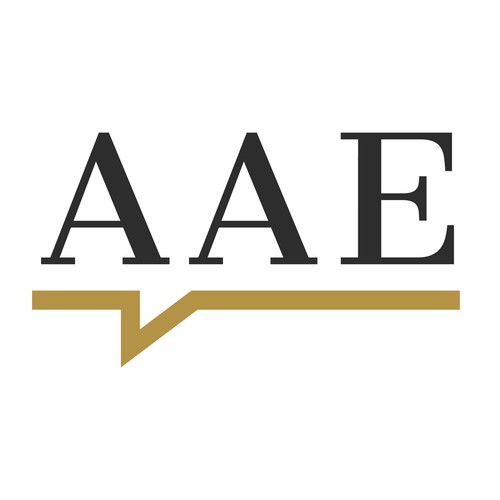A Better Way Forward for Managers of Location-Independent Professionals
What would better serve employees, managers, and the company at large? To start, performance management should focus on real-time feedback AND ongoing conversations about career development.
Employees deserve communication through a real-time continuous feedback loop. When they get more comfortable with receiving feedback regularly, they are less anxious about it and more accepting. Most important, employees are more empowered when they feel they have a voice to both respond to and give feedback.
Frequent check-ins help ensure a strong connection between remote employees and their manager, particularly in the absence of those casual encounters they would have in the office. For managers, it’s an opportunity to build a relationship with your team members as individuals and assess what support they need you to provide to do their best work.
Managers should reaffirm good behaviors right away. They should recognize remote employees and celebrate their successes in the same way they would employees in the office. On the other hand, managers must also correct bad behaviors before they get out of hand. Can you imagine how demoralizing it would be to wait a whole year to find out that you should have been performing some aspect of your job differently?
Organizations at large need to work with managers to help them become better coaches to their teams. Managers need to learn how to give actionable feedback and focus on growing their employees both in their roles and in their careers. They need to be able to evaluate what skills they have, what skills they want to develop, and what motivates them. Building that trust between manager and employee results in better performance and increased engagement.
Focusing on development and creating a growth mindset is vital to engaging and retaining your employees. If you’re only talking about it once a year, it’s not enough. Development needs to be an ongoing topic of conversation between employees and managers, based on the individual’s interests and needs, and the needs of the business. Get out that professional development plan template during your one-on-ones, and talk about what it means for each employee. Keeping the conversation focused on individual accomplishments helps reduce that competition between employees that feeds a toxic workplace. Be honest about what opportunities exist for promotion and what development it takes to get there.
Companies need to commit time and money to these efforts, but tight budgets need not be a barrier. There have never been more free and low-cost options for classes, webinars, and virtual conferences. Many online learning platforms are free through your local public library. Keep your eyes open, and share that information with your teams and colleagues. Set a goal for attending class(es) a set number of hours per quarter, for example, and hold your employees and managers accountable to make the time to do so. If your organization offers tuition reimbursement or assistance programs, talk to your direct reports about their interest in furthering their education. It benefits everyone.
It’s time for companies to flip the script on performance management. No one wants to receive a report card of their past failures. They want someone to see their potential and empower them to realize it. Let’s start conversations that employees can look forward to, rather than dread.










